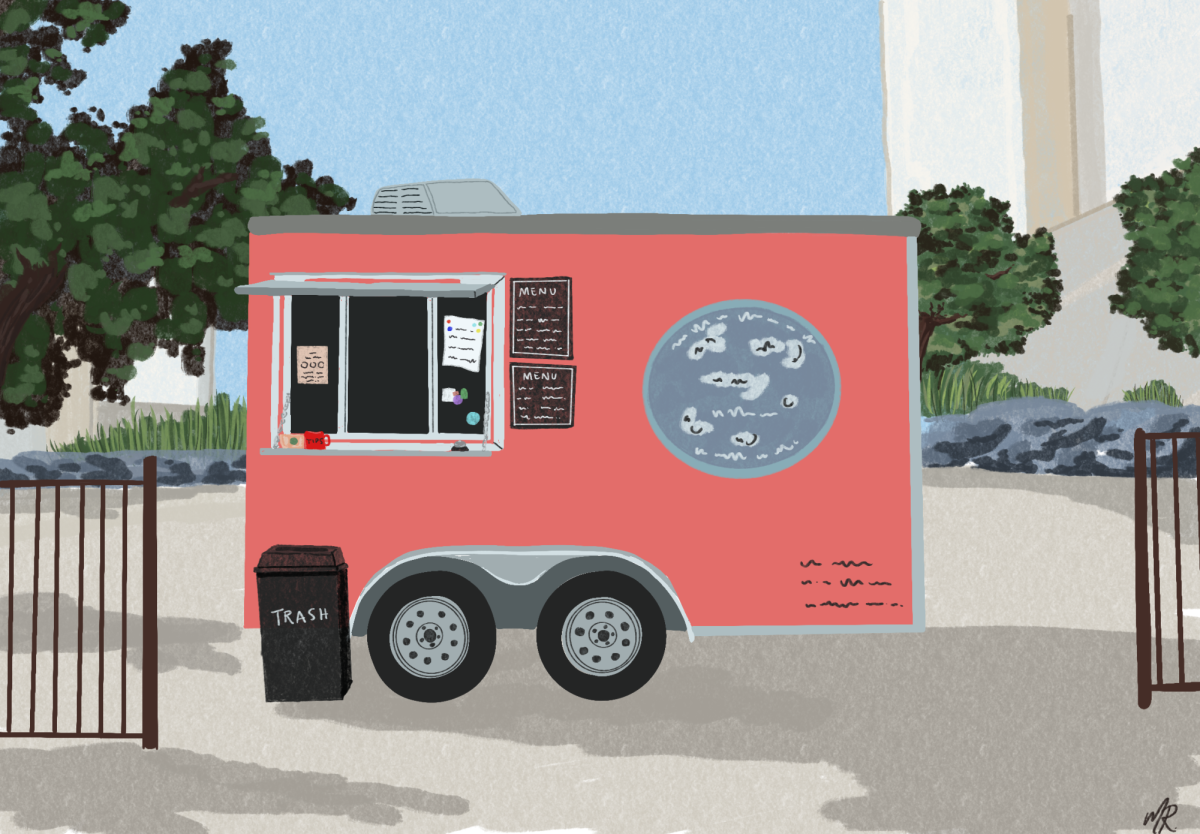On Oct. 1, all 166 UT campus resident assistants (myself included) gathered in the San Jacinto multi-purpose room for a speech by Sam Duggan, managing director of the student housing department at Texas Tech University. The 90-minute lecture introduced a month-long civility campaign, an initiative to promote considerate conduct in the residence halls. The presentation touted the benefits of a civil campus atmosphere — many obvious but all valid — with primary focus on student happiness and productivity.
RAs will be the first to tell you that more civility can only be a good thing, but Monday’s presentation raised questions about how best to achieve that goal. I took particular issue with Duggan’s presentation of what he called “Rule Number 18 for ‘Choosing Civility’”: Avoid personal questions.
According to Duggan, discourse can only be considerate if it skirts potentially controversial topics — politics in particular — in favor of more benign ones. He’s neither alone nor original in that sentiment, echoing persistent American taboos on unsuitable dinner table conversation. Perhaps the character Linus, in the 1966 Charlie Brown Halloween Special, put it best when he remarked, “There are three things I have learned never to discuss with people: religion, politics and the Great Pumpkin.”
It’s easy to understand why a contemporary observer might conflate political discussion with uncivil behavior. We live in an era marked by dissent both loud (U.S. Congressman from South Carolina Joe Wilson’s 2009 “You lie!” outburst during President Barack Obama’s 2009 State of the Union Speech) and violent (like the 2011 attack on former U.S. Congresswoman Gabrielle Giffords (D-Ariz.)).
Television and YouTube make inescapable vicious campaign advertisements, some shocking enough to offend a generation benumbed to ad hominem attacks. Factcheck.org, a nonpartisan project of the Annenberg Policy Center, decried the tone of the 2012 election season as “deplorable” and “marked by a cavalier disregard for facts on both sides.”
A 2012 poll conducted by nonpartisan KRC Research reports that 63 percent of respondents believe America has a “major civility problem;” 82 percent responded that incivility in government is “harming America’s future.” Our bad behavior undoubtedly colors our perception of politics. At the very least, it might help explain the rise in student apathy toward the 2012 election relative to 2008.
But if our definition of civility necessitates the exclusion of politics, it’s no wonder that politics has stooped to the level of barbarism. The best way to address the problem of an increasingly uncivil political system is to discuss it openly. Where better to begin that discussion than in the residence halls, where many students make some of their most profound discoveries about the world of adulthood?
Civility should call for considerate discussion within the realm of controversial topics, not in lieu of it. Sure, all students in the residence halls deserve to have a positive experience, and tolerant, inclusive language is crucial to that objective. But on a college campus, hyper-politeness should not preclude educated discussion. I applaud the motion to run a civility campaign during the month of October in an election year, but only if DHFS is willing to acknowledge the value of political discourse and thereby improve its tone.
Just as long as nobody mentions the Great Pumpkin.
Walters is a Plan II junior from Houston.

















